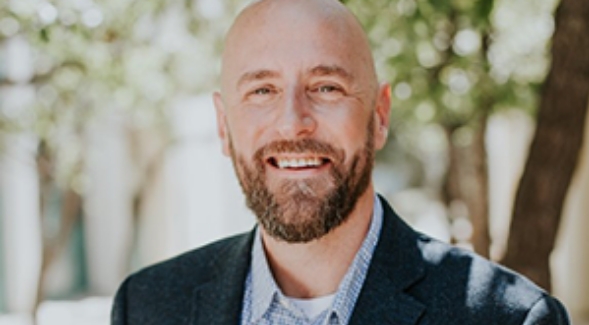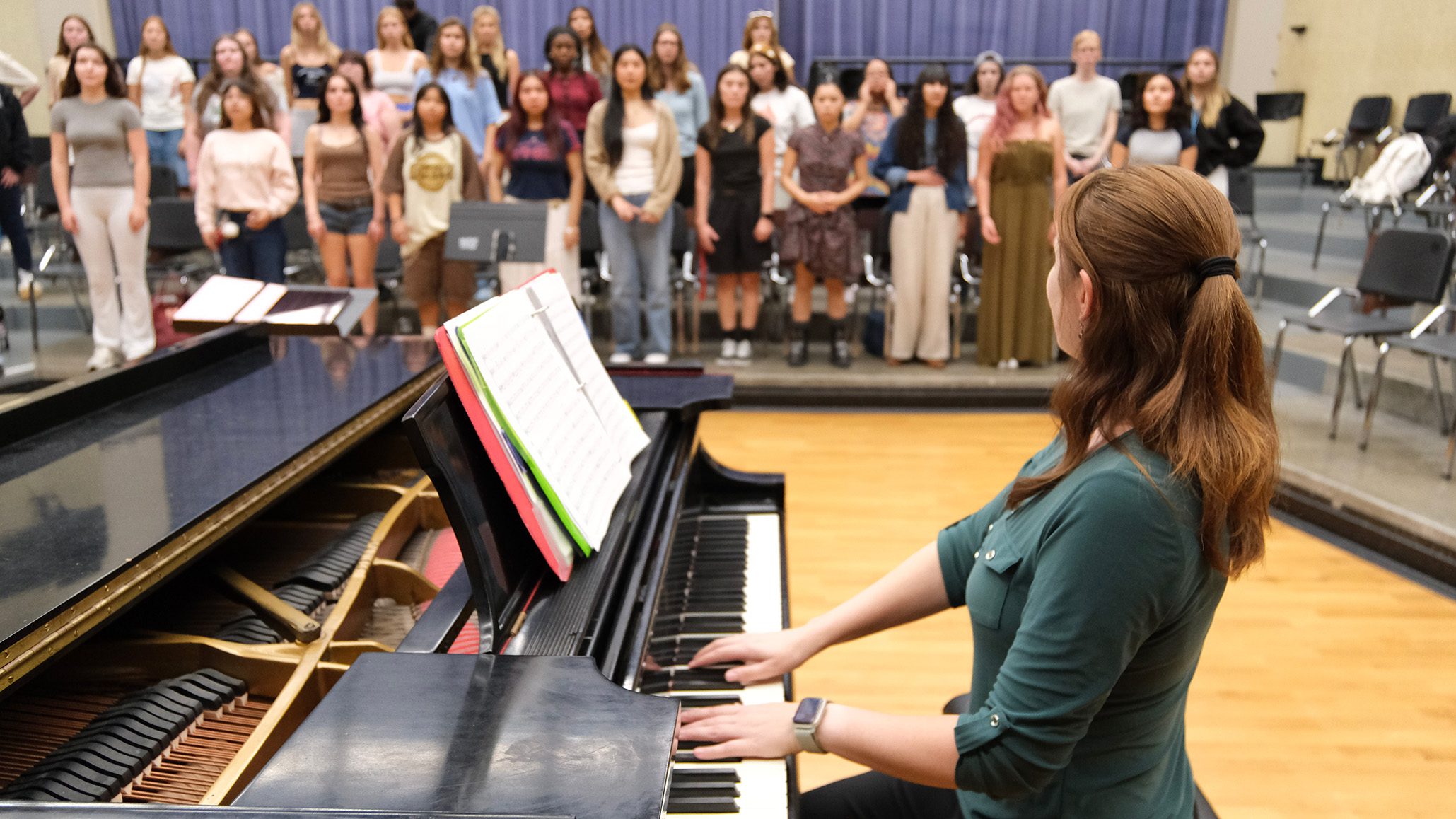Exploring Crime, Punishment, and Pleasure in Reality TV
Crimesploitation is a new book co-authored by SDSUs Paul Kaplan and Emory Universitys Daniel LaChance

In “Crimesploitation: Crime, Punishment, and Pleasure in Reality TV (Cultural Lives of Law),” authors Paul Kaplan and Daniel LaChance inspect the spectacle created by popular crimesploitation shows, including “Cops,” “Dog: The Bounty Hunter,” “To Catch a Predator,” “Making a Murderer,” and “Don't F**K with Cats.” The book is available May 31st, 2022.
True crime has sensationalized the nation, and the authors investigate the moral and ethical challenges presented by the genre.
“It is highly gratifying to see a project that took several years to think about, develop, research, and write up, come to fruition,” said Kaplan, a professor in the SDSU School of Public Affairs. “We hope that anyone interested in crime and reality TV will find the book interesting. We hope that anyone who has watched a few episodes of Cops, Intervention, or Making a Murderer will check it out and maybe have a new take on the shows.”
Kaplan and LaChance highlight the troubling nature of the genre: though it presents itself as ethical and righteous, its entertainment value hinges upon suffering. Crimesploitation offers a sobering look at the depictions of criminals, policing, and punishment in modern America.
In her preview of the upcoming book, Michelle Brown, professor of sociology at the University of Tennessee said, "insisting that the consumption of other people's pain is a defining feature of the neoliberal carceral state, Crimesploitation will not let us meaninglessly 'escape' into our true crime media streaming and listening."
"Instead, Kaplan and LaChance move us toward a critical reckoning with the exploitative forms of (un)freedom that media's spectacle of crime and punishment have conjured," said Brown. "A powerful dose of thoughtful accountability, this volume points the way to getting truly 'real' about?and intervening in?the suffering that a culture of punishment has produced. I cannot wait to cite, teach, and buy copies of this book for friends and family."Kaplan describes his experience as co-author of the book.
“My favorite part of writing the book was collaborating with my co-author Daniel LaChance. It was really fun to discuss ideas, think about approaches to reality TV and crime, and go back-and-forth with writing sections,” he said.
About the authors: Paul Kaplan is Professor of Criminal Justice in the School of Public Affairs at San Diego State University. He is the author of Murder Stories: Ideological Narratives in Capital Punishment (Lexington, 2013).
Daniel LaChance is Winship Distinguished Research Professor in History at Emory University. He is the author of Executing Freedom: The Cultural Life of Capital Punishment in the United States (Chicago, 2016).



